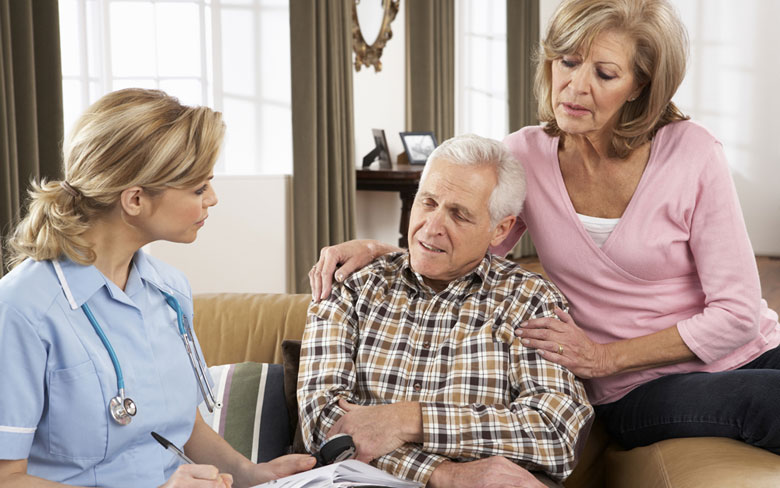People age differently depending on genetics, lifestyles, and other factors. While one may be able to live independently into their 90s, another might need in-home care long before. According to the Centers for Disease Control and Prevention (CDC), 4.5 million patients received home healthcare in 2015.
The question many have is, “How do you know when your loved one needs to start home healthcare?” While there are many reasons to hire a caregiver through a PCH program (primary care through home), what it boils down to is that their health is declining, but not to the point they need to be hospitalized or in a long-term care home. That’s generally the ideal time to put together a plan that allows them to stay independent as long as possible through home healthcare.
If you still aren’t sure, these are some of the signs that your elderly loved one may benefit from home health care.
They’re No Longer Able to Perform Normal Daily Tasks Independently
If your loved one is having difficulty or can’t perform daily tasks on their own at all, home health care is probably necessary. These services can aid them with everything from preparing meals and grooming to light housekeeping.
They Have a Serious Illness
When an elderly adult is diagnosed with a serious illness such as diabetes, a heart condition, stroke, cancer, Alzheimer’s, Parkinson’s, or another progressive neurological disorder, receiving education, skilled care through physical therapy, a licensed practical or registered nurse, etc., their symptoms can be better managed to help them stay out of the hospital.
They’re Trying to Manage Multiple Health Conditions
Nearly half of U.S. adults aged 65 and over are struggling with multiple chronic health conditions, making it challenging to take care of day-to-day activities, not to mention increasing the risk of having to go to the hospital. They are probably taking several medications, may need to monitor blood glucose levels and much more, which is a lot to manage for elderly adults without help.
Memory Lapses
Memory loss, including confusion on what day of the week it is, forgetting to take medicine, missing appointments, an inability to keep up with bills and mail, etc., are all indicators that your loved one could probably use some extra help at home.
Poor Hygiene and Unclean Home
If your loved one normally kept a clean home and paid close attention to hygiene, but now it appears they haven’t bathed for a while, they have dirty clothing, piles of laundry, stacks of dirty dishes, clutter, or garbage accumulated around the home, it can indicate they’re unable to do these things on their own. Usually, an unkempt home means a problem with being able to maintain it, which can be a safety issue too, such as unshoveled snow or smoke alarms not being replaced.
They’re No Longer Interested In Doing What They Used to Enjoy
When an elderly person stops going to family gatherings, stops traveling, or doing other things they normally used to enjoy, it could be because it’s overwhelming to try and follow a conversation, or they may be worried about falling. They may choose to remain isolated for fear of going out, which increases the risk of health issues like depression, dementia, and even high blood pressure.

